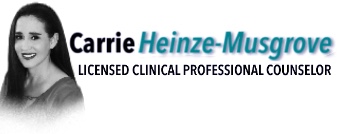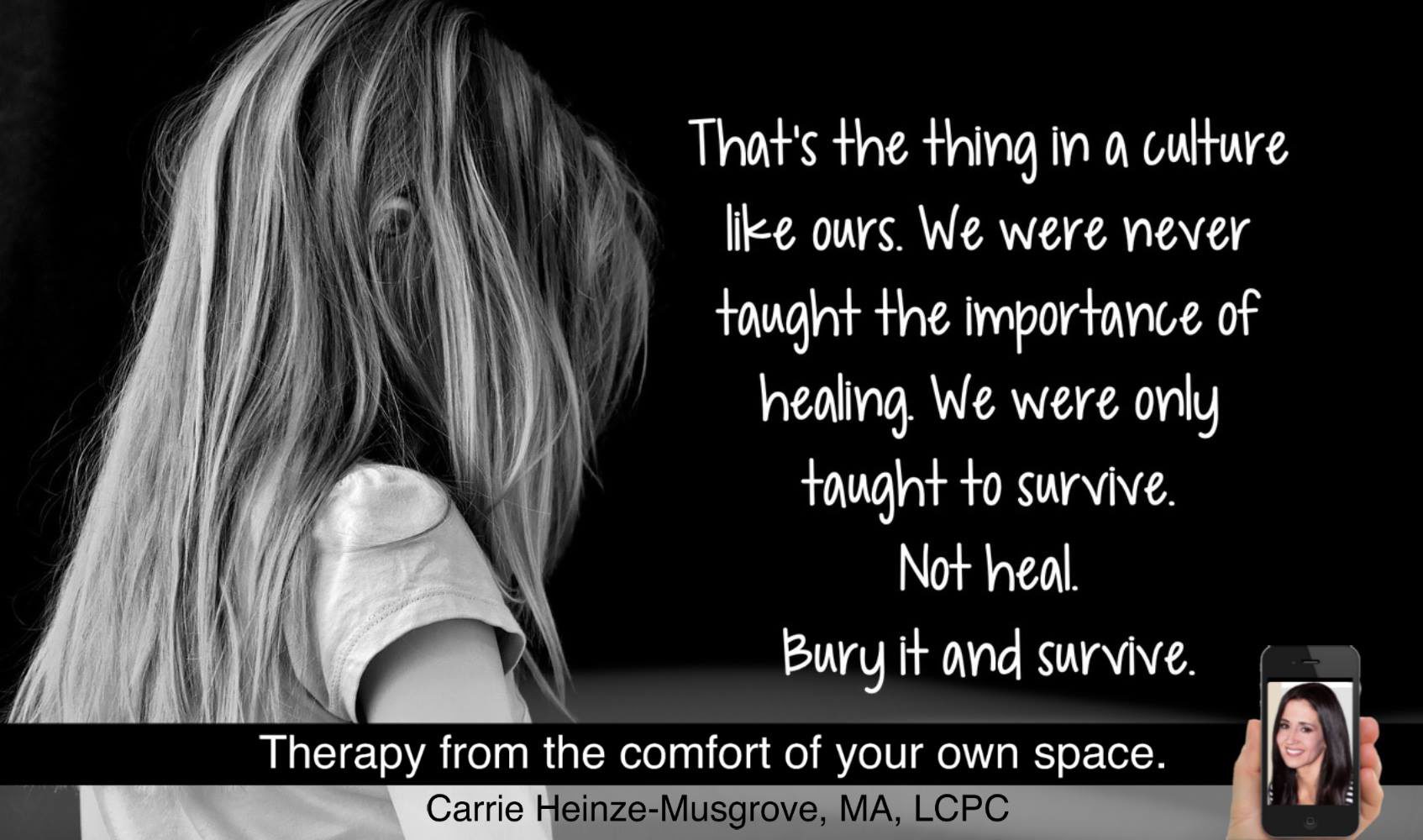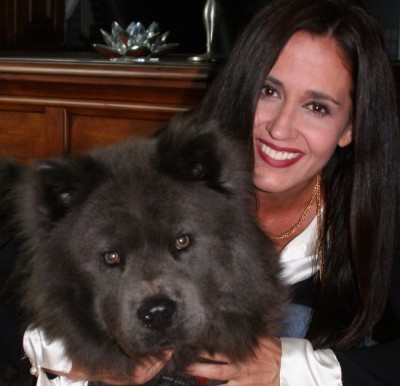How do you even begin to heal when you feel that you have literally been crushed by life?
Maybe you’ve experienced childhood trauma or the death of someone close to you. Maybe you’re having a difficult time getting past a break up or dealing with injury or illness.
Merely surviving and healing are two vastly different things.
All of us have experienced someone close to us asking the dreaded question, “Is something wrong? “ or “Are you ok?” To them, it’s obvious we’re not ok. They know us. Despite the dead give away from our behaviors, facial expressions, chronic fatigue or our body language, we respond with the dismissive “No, I’m good.” This is survival.
We’re clearly not fine or good, but we retreat into ourselves to avoid any kind of conversation. We fear that simply talking about what is bothering us (or consuming us) just might leave us spiraling out of control. We believe that even the mere acknowledgement of our pain makes us weak. This is a common misperception.
Research shows that avoidance of the hurt is not only ineffective in eliminating thoughts and feelings, but in most cases, worsens the situation long term.
You can’t heal pain by merely surviving and pushing it away. You can’t keep having a goal of making it through the day and piece together a life.
If you’ve ever had an intense thought or feeling that you couldn’t handle in the moment, you have experienced suppressing your emotions. If you have ever felt overwhelmed by your feelings or tried to push them away, you are surviving.
If we don’t do the work of consciously sorting through these emotions, we often don’t notice just how negatively and frequently they speak in our heads.
This is why it is important to understand your triggers and know thyself. These moments are psychological clues from which we can identify patterns that in turn, help us to understanding our feelings.
When we listen to them, they can help us change things that are causing our unhappiness. They give us the ability to get yourself back in the driver’s seat.
So how do you support your healing process?
The most important way to begin healing is to honor your pain. Allow yourself to be pissed. Allow yourself to be hurt, ashamed, betrayed, insulted, weak, guilty or humiliated and so forth. This doesn’t mean you camp out here or set up shop, but don’t run from it. Get uncomfortable. Unplug. Put time aside to reflect and give yourself permission to feel.
Secondly, reach out and ask for help. Having to figure out some of this on you own is part of the process. However, long periods of isolation are unhealthy. Deep emotional pain will always bring out the old personal demons of self-blame, victimhood and negative self-talk.
So, it’s important to reach out to supportive and understanding friends or family. If you just can’t seem to bring yourself to talk with them about it, or you have and they don’t “get it”, seek out a qualified therapist. This is exactly the kind of stuff we tackle in therapy and a neutral party can make all the difference.
My hope is that you discover a new freedom. Healing from emotional trauma or heartbreak means you have come out on the other side of this pain as a stronger, wiser and more resilient person.
Carrie






